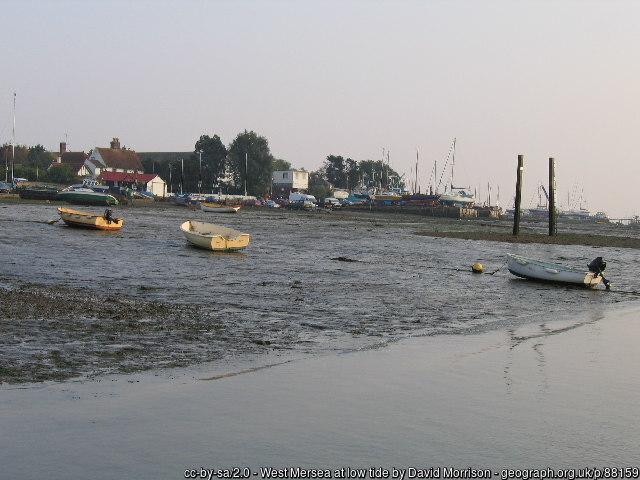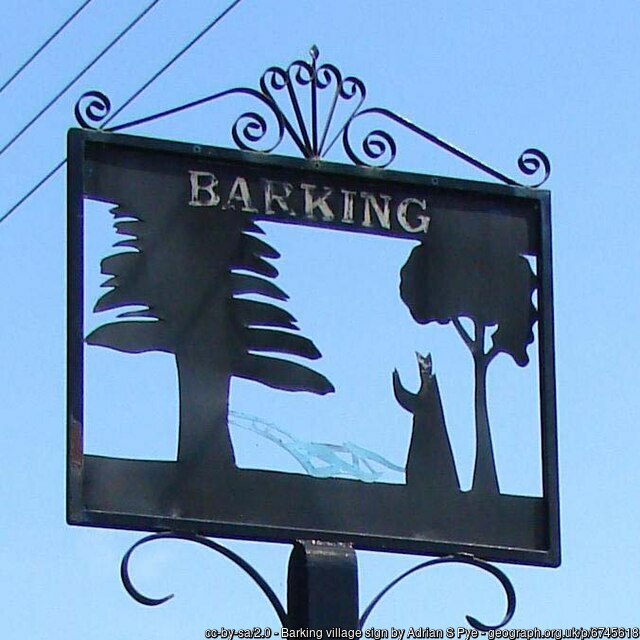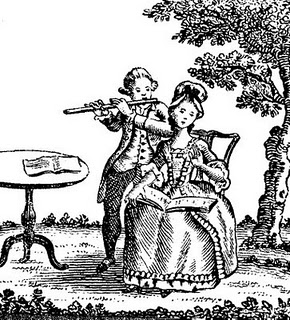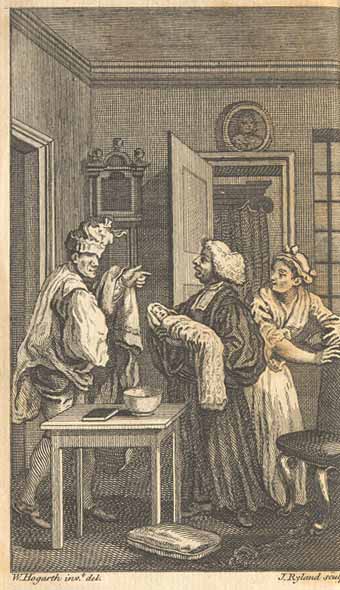Over 1,000 baptisms for West Mersea from 1738-1812 now online.
Stoke-by-Nayland burials

Over 1,200 burials for Stoke-by-Nayland, Suffolk, from 1601-1645, now online!
More Barking baptisms!
Nearly 1,000 baptisms from 1616-1635 for Barking, Suffolk, including Needham Market and Darmsden!
Kersey marriages – now online!
Over 500 marriages for Kersey, Suffolk, from 1564 to 1754 now online!
It’s worth having a look, even if you don’t have family from Kersey, as before 1754, couples sometimes married in very unexpected places! There’s even a man from Fingringhoe in Essex in this collection of transcriptions.
Stoke-by-Nayland burials

Exactly 900 burials for Stoke-by-Nayland just added to the site, from 1558-1600! More to follow.
More Kersey baptisms!
Nearly 700 baptisms for Kersey, Suffolk, from 1711-1762 added to the site. That makes nearly 3,000 baptisms for Kersey from 1561. And there’s more to come!
More Kersey baptisms!
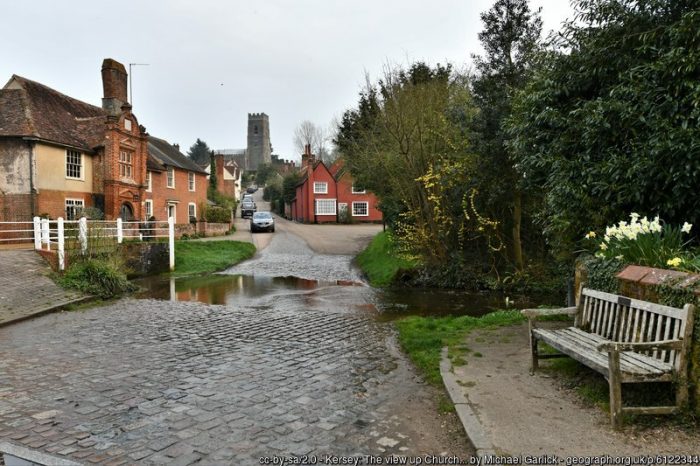
Over 1,000 baptisms for Kersey, Suffolk, from 1631 to 1711 are now online!
The mystery of the Kersey headstone
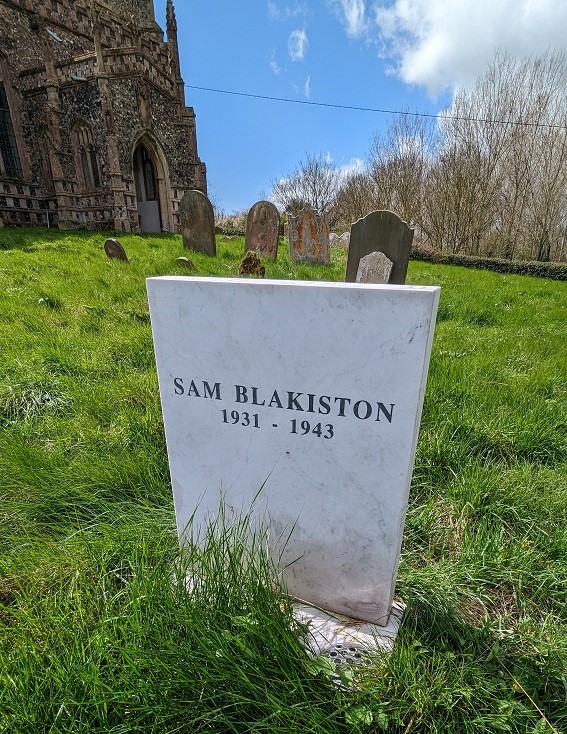
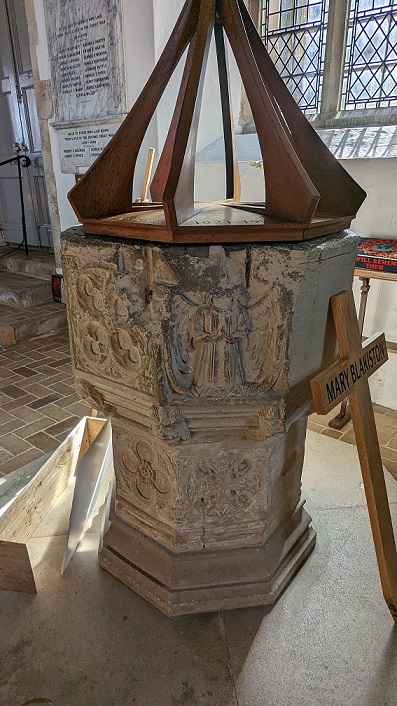
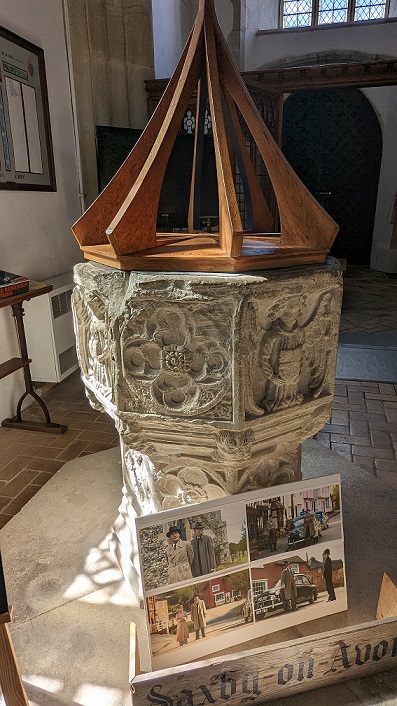
In April, I paid a visit to Kersey in Suffolk. Like many Suffolk villages, it’s picturesque and full of ancient timber-framed houses, but Kersey is slightly different as its main street runs down and up the sides of a valley – quite unusual for a country that’s famously not very hilly. A ford runs across the main street, and at one end the church is perched above the village on a hill.
There’s some interesting memorials inside the church, and a large number of legible headstones in the churchyard. Some more legible than others, I noticed…
Continue reading →Early Kersey burials now online!
Over 1,000 burials for Kersey, Suffolk, now transcribed, from 1563-1670.
Stoke-by-Nayland transcriptions

Over 2,000 baptisms from 1558-1626, and over 1,200 marriages from 1558-1754 now online for Stoke-by-Nayland in Suffolk. The village is right on the border with Essex, not too far from Colchester. So if your Essex ancestors aren’t appearing in Essex registers, give the Stoke-by-Nayland transcriptions a try. There’s quite a few Colchester couples in the marriages, as well as people from Boxted, Dedham, and other nearby Essex parishes.

